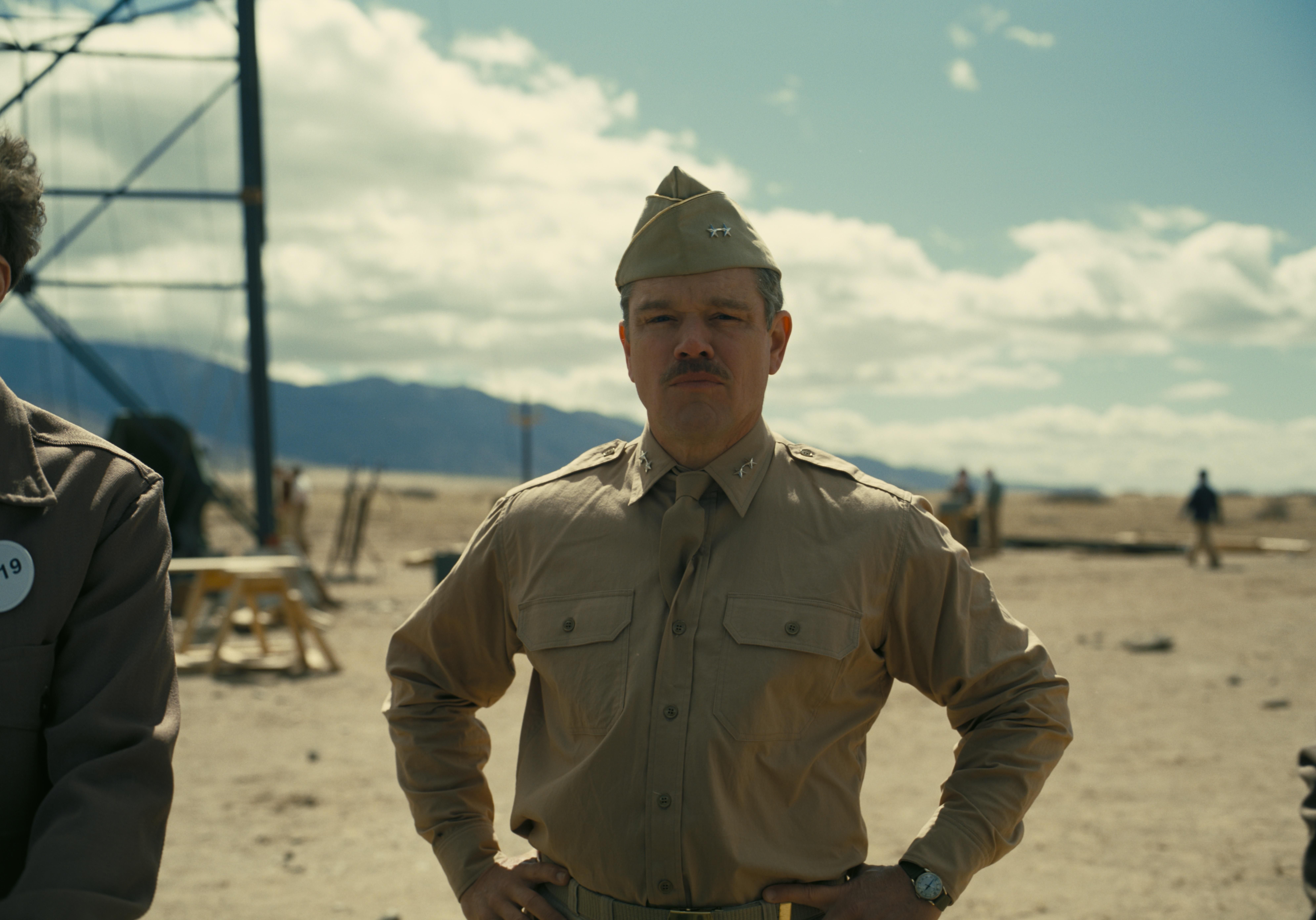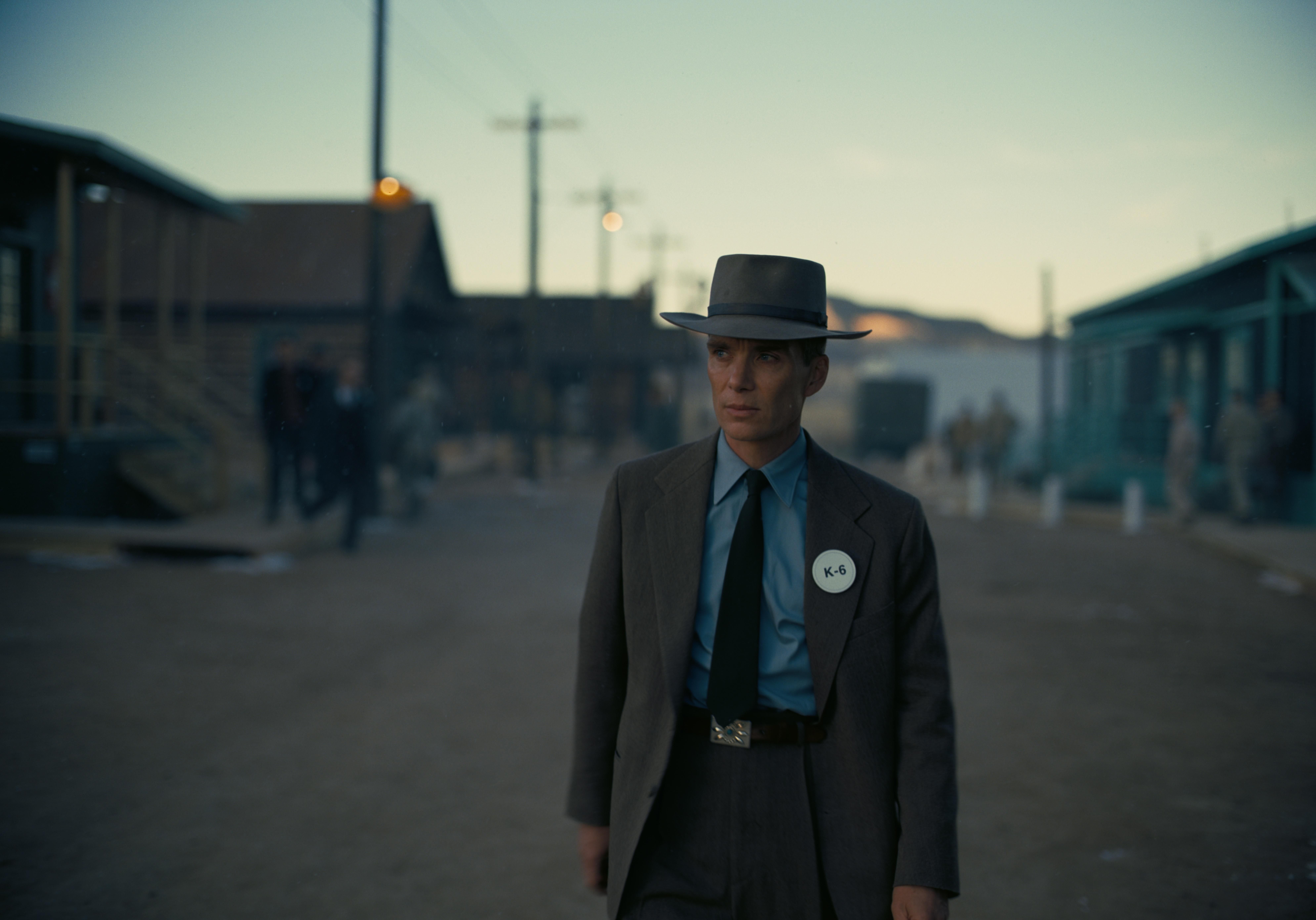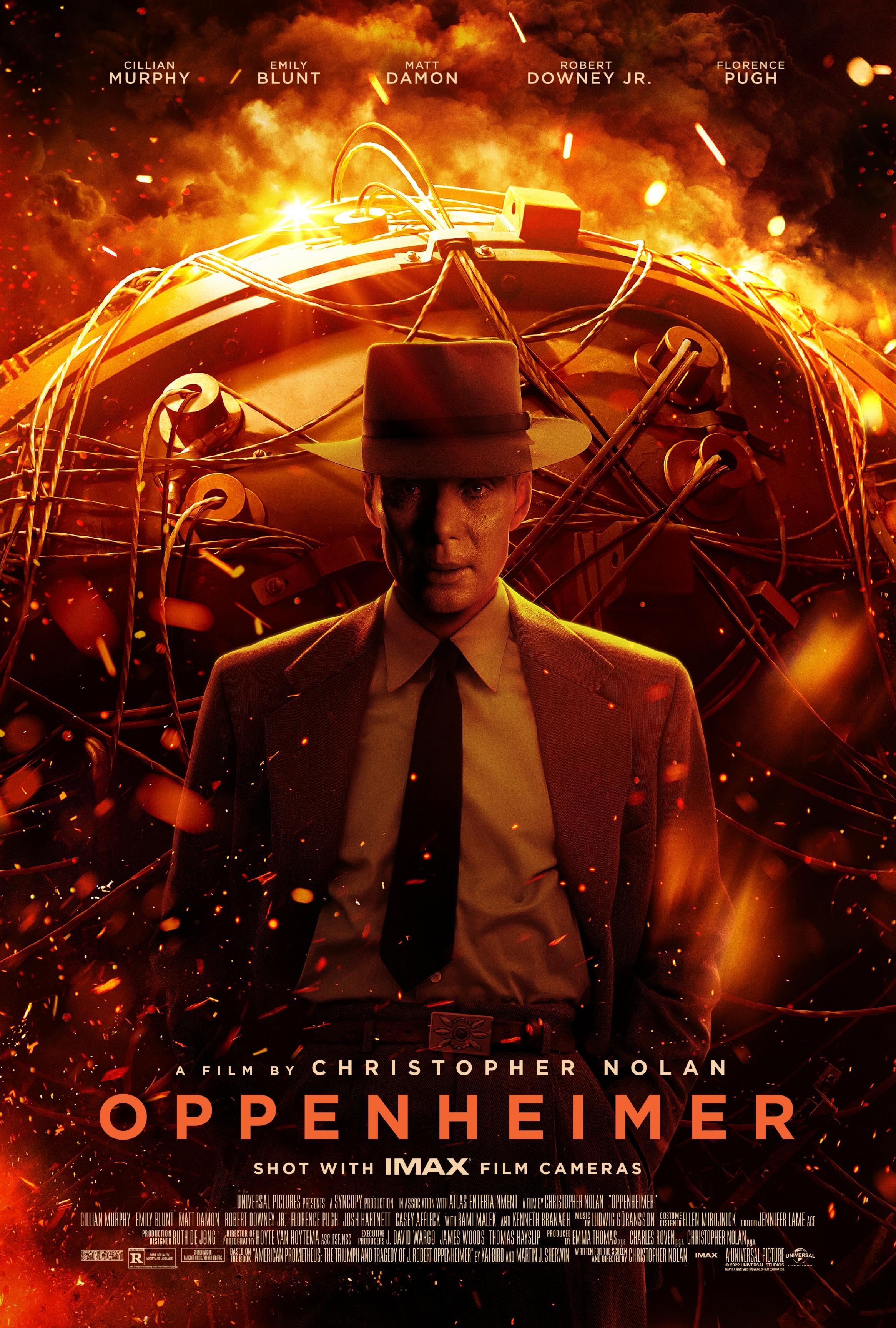Synopsis
Step into the shadowy labyrinth of history with "Oppenheimer," a riveting exploration of ambition and conscience amid the dawn of nuclear warfare. In the crucible of World War II, J. Robert Oppenheimer spearheads the daunting Manhattan Project, orchestrating the first successful atomic bomb test in the remote expanses of Los Alamos. Though celebrated for his groundbreaking achievement, Oppenheimer's life becomes a tapestry of triumph and torment, as political forces swiftly wrest control over the bomb's fate.
As President Truman authorizes the devastating strikes on Hiroshima and Nagasaki, Oppenheimer grapples with a profound internal struggle, haunted by the specter of mass destruction and moral consequences. Despite Oppenheimer's plea to preemptively caution Stalin, the emergence of the nuclear arms race seems inevitable, igniting a dark chapter in global history. In a heated confrontation, Truman dismisses Oppenheimer's plea for nuclear restraint, leaving a chasm between the protector of national security and the father of the atomic age.
Meanwhile, the intricacies of power and resentment thread through Oppenheimer's life as he serves as a scientific advisor to the U.S. Atomic Energy Commission (AEC). His vocal opposition to further nuclear escalation clashes against the ambitions of Lewis Strauss, a high-ranking AEC member whose disdain for Oppenheimer's public rebuke festers into a vendetta. In the throes of the Cold War, the strategic allure of Edward Teller's hydrogen bomb grows, putting Oppenheimer's principles at odds with national defense imperatives.
Faced with expanding geopolitical tensions, Oppenheimer argues for international nuclear oversight, but his perspective only fuels Strauss's ire. The stakes intensify when the specter of Communist ties from Oppenheimer's past resurfaces, meticulously manipulated to diminish his credibility and influence. Strauss orchestrates a confidential security hearing, a calculated maneuver to erode Oppenheimer’s standing. With biased testimony and restricted access to his defense, Oppenheimer’s once-illustrious career is besieged by insinuations and half-truths, leading to the revocation of his security clearance and downgrading his voice on nuclear policy.
Yet, the tide of history turns. In 1959, as Strauss seeks confirmation as Secretary of Commerce, revelations about his covert machinations and personal vendetta come to light, resulting in a staggering rejection by the Senate. As redemption dances elusively on the horizon, Oppenheimer finds a tenuous reconciliation through the Enrico Fermi Award, bestowed by President Lyndon B. Johnson in 1963. Within a veiled conversation with Albert Einstein, Oppenheimer reflects on the irreversible chain reaction his work initiated, alluding to a future haunted by the specter of annihilation.
Argument
In the remarkable recounting of historical events portrayed in , we are drawn into the complex web of scientific achievement and political manipulation surrounding the birth of the atomic age. This narrative pivots on the dichotomy between brilliant innovation and the moral quagmire it engenders. The successful test of the first atomic bomb, a groundbreaking triumph for J. Robert Oppenheimer as the director of the Manhattan Project, signifies a seismic shift not just in warfare but in ethical responsibility. Yet, this achievement rapidly slips from the hands of its architects, with political figures, chiefly President Harry S. Truman, commandeering the subsequent decisions.
Truman's decision to drop atomic bombs on Hiroshima and Nagasaki catapults humanity into a new era of destruction, a move that sidelines Oppenheimer and his scientific team, as it relinquishes further control over their invention. Oppenheimer's desire to preemptively engage Stalin in dialogue about the bomb’s deployment underscores his acute foresight, a narrative thread central to the debate on accountability and foresight—Truman, however, decisively ignores this counsel. This disregard for diplomatic conversation with the Soviets ignites the spark of an unrelenting nuclear arms race, a development Oppenheimer views with growing trepidation.
Haunted by the extensive destruction and loss of life his creation facilitated, Oppenheimer’s encounter with Truman is illuminating. The dialogue captures a poignant moment where Oppenheimer’s guilt is met with Truman's rebuttal, the President asserting his singular responsibility for the bomb's use. This meeting not only delineates Oppenheimer's constrained role but further galvanizes his efforts to curtail nuclear proliferation. Despite his advocacy for reigning in nuclear weapons development, his warnings fall on deaf ears, with Truman dismissing the proposition and advancing the H-bomb program.
Enter Rear Admiral Lewis Strauss, a pivotal figure who becomes both a booster and adversary for Oppenheimer's ambitions. As a man influential in the realm of atomic energy, Strauss initially recruits Oppenheimer as a scientific advisor post-war. However, their relationship sours once Oppenheimer’s views clash with the burgeoning interests in developing the hydrogen bomb during the unsettled climate of the Cold War. Oppenheimer’s protests against this new bomb, citing its insurmountable technical hurdles, position him as a roadblock to what others see as technological necessity.
Strauss harbors a personal vendetta against Oppenheimer, a circumstance brewed from perceived public humiliations and private grievances, including an embarrassing encounter involving Einstein. Oppenheimer's advocacy for negotiations with the Soviets, with the hope of mutual disarmament on hydrogen bomb pursuits, further distances him from governmental favor. Strauss, suspecting espionage and marinated in anti-communist fervor, orchestrates a covert campaign to dismantle Oppenheimer’s standing. He uses Oppenheimer's alleged communist affiliations, twisted testimonies, and restricted access to evidence as tools of execution.
The clandestine security hearing of 1954 serves as the apex of this character assassination, rigged from the outset to culminate in Oppenheimer’s professional ruin. The process, devoid of public scrutiny or sufficient burden of proof, reveals the bureaucratic machinations of a power play against an intellectual dissenting voice. Despite General Groves’ support, the scales are tipped, leading to the revocation of Oppenheimer's Q clearance—a shattering blow to his influence and public image, achieved through a violation of fair process under the influences orchestrated by Strauss and Borden.
The repercussions of institutional betrayal extend beyond Oppenheimer’s downfall, as Strauss faces a reckoning of his own. His senatorial confirmation hearing for Secretary of Commerce becomes a stage where his motives receive scrutiny, and ultimately, his personal vendetta against Oppenheimer contributes to the rejection of his nomination in 1959, demonstrating the long arcs of moral and ethical reckoning.
The narrative circles back to redemption, albeit partial and symbolic. In 1963, President Lyndon B. Johnson awards Oppenheimer the Enrico Fermi Award, a gesture of rehabilitation but also an acknowledgment of the unresolved discontent he harbored. The recollection of a pivotal conversation with Einstein frames Oppenheimer’s enduring introspection: the inception of a chain reaction, not merely nuclear but ethical and global, that portends future calamity. ultimately illuminates the perilous intersection of innovation, responsibility, and the inexorable march of political forces, challenging its audience to grapple with the very essence of consequence and forethought in an innately unpredictable world.
Cast

Cillian Murphy
J. Robert Oppenheimer

Emily Blunt
Kitty Oppenheimer

Matt Damon
Leslie Groves

Robert Downey Jr.
Lewis Strauss

Alden Ehrenreich
Senate Aide

Scott Grimes
Counsel

Jason Clarke
Roger Robb

Kurt Koehler
Thomas Morgan

Tony Goldwyn
Gordon Gray
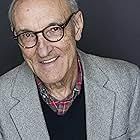
John Gowans
Ward Evans

Macon Blair
Lloyd Garrison
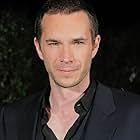
James D'Arcy
Patrick Blackett

Kenneth Branagh
Niels Bohr
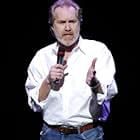
Harry Groener
Senator McGee
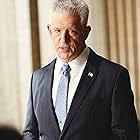
Gregory Jbara
Chairman Magnuson

Ted King
Senator Bartlett
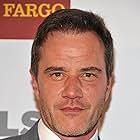
Tim DeKay
Senator Pastore

Steven Houska
Senator Scott
Multimedia
